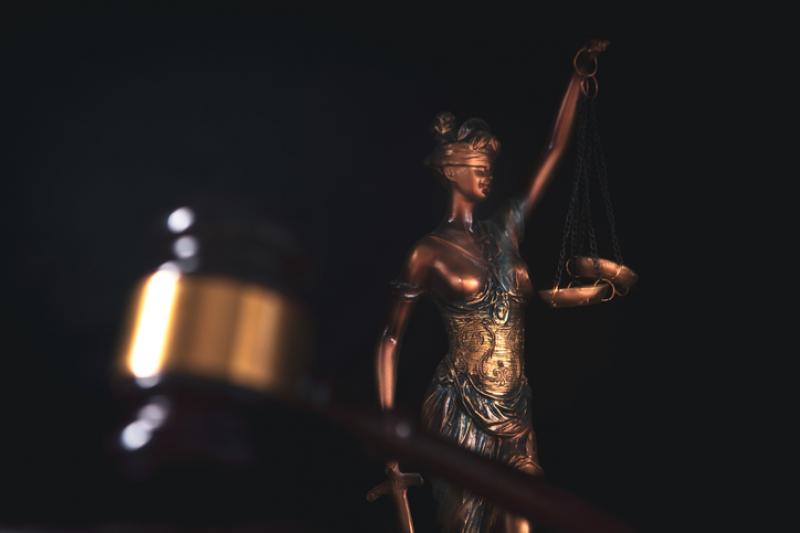Can A Convicted Or Imprisoned Criminal Choose Their Lawyer?

A person's guilt or innocence must be determined by strictly following the rules of court. Therefore, the court must protect the accused's rights until a judgment is made. Those arrested or detained are guaranteed to access specific protection under the country's criminal code. Any evidence collected by the police officers during an arrest or detention might be thrown out if these rights were violated. One of a convicted criminal's rights includes the right to legal counsel. This means the criminal has the right to choose the criminal defence lawyer who will defend them in court.
Provisional Right to Choose an Attorney
One of the fundamental rights in a court of law is to consult with a lawyer right after someone accuses you of a crime or you are convicted for it. A person detained or arrested has the right to speak with an attorney about their case and potential charges. They could learn information regarding their best course of action and whether or not it is best to cooperate with law enforcement after being detained.
In other words, anyone who has been detained or arrested by police officers has the right to be allowed to consult with an attorney. The following are the essential procedures that the police must promptly follow after making a detention or arrest.
After an Arrest or Detainment
As long as they have not been given a fair opportunity to consult with their attorneys, the police officers must refrain from interrogating the detained or arrested individuals and attempting to extract information from them.
Law enforcement officials must inform the arrested or detained person that they are entitled to legal representation at no cost and that they may get in touch with lawyers for free advice whenever they need it.
Police officers must also inform the public that if the person is arrested or detained, they have the right to consult with a lawyer of their choice.
If police detain a person, they will have limited freedom to go about their regular life without fear of retaliation. The police must undergo a series of procedures before conducting a legal arrest that ensures our human rights are not abused.
Rules Around Detainment
Government institutions worldwide take extra precautions in detaining or arresting an individual. Aside from that, police officers also take extra precautions for their protection, to better record the arrest, or to avoid breaking the law and jeopardizing the prosecution's case.
If you are a convicted criminal, you have the right to choose a lawyer to help you with your case and represent you in court. When the police make an arrest, the following must be done correctly and promptly:
- Provide the detainee with a telephone book or directory to help them find a lawyer more easily.
- Allow the detained or arrested person for speaking with his lawyer in confidence, away from prying ears.
Arrested or imprisoned individuals have the right to retain counsel of their choice. However, if the lawyer they prefer cannot be reached within a reasonable time frame, the police must provide them with the opportunity to talk with another attorney. If they refuse to talk to another counsel when their first choice is unavailable, the police may continue questioning them.
When someone is arrested or taken into custody, they are only allowed one consultation with an attorney. On the other hand, if they need to see a lawyer more than once to assert their rights effectively, the police must allow them to do so. Some of the common instances are listed as follows.
The police may want to attempt a new approach to their investigation, such as a lie detector test. A person was initially detained on suspicion of a less serious crime, but due to recent developments, they are now being held on suspicion of a more serious crime. For example, a person might be charged with drug trafficking instead of possessing drugs. They sought legal counsel, but the lawyer they consulted was unable to help.
On the other hand, it is worth noting that the right to consult with an attorney does not include the privilege of being represented by one during police interrogation. However, the attorney may join the interrogation if the two parties agree.
Defend Your Rights
When being arrested or detained, a person has the choice to waive their right to counsel, but they should only do so if they fully understand the ramifications. It is the police's responsibility to ensure that people with cognitive impairments should adequately understand the implications of waiving this right. If the arrested or detained individual waives their right to counsel without considering the possible consequences, all evidence gathered against them might be thrown out of court.
More to Read:
Previous Posts:









